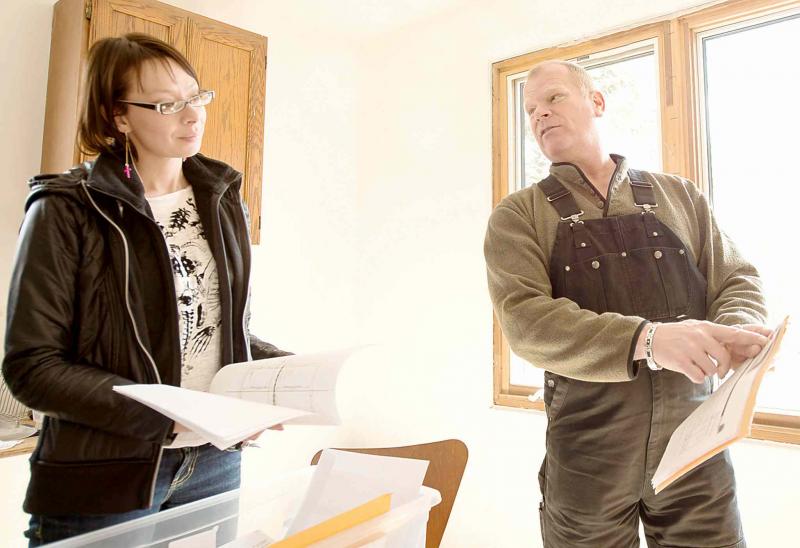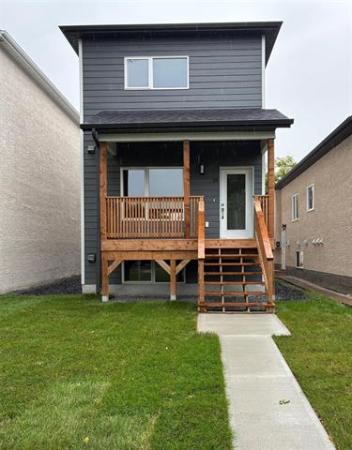Sometimes when I speak to homeowners they're confused about what they think a contractor is responsible for versus what they need to cover. Homeowners sometimes think a contractor will take care of everything during a renovation. The truth is the contractor-homeowner relationship works more like a partnership -- you each have different responsibilities, strengths, insight and skills, and you need to work together to get the job done right.
Here's an outline of homeowner/contractor responsibilities:
PERMITS — The homeowner:
Getting the proper permits for your renovation is your responsibility, not your contractor's. If a local building inspector shows up at your door and doesn't see the right permits, guess who's in trouble? I'll give you a hint: Not your contractor. It's your property. If you want your contractor to take care of permits, then put it in the contract.
If you take this route -- and most homeowners do -- make sure the contract clearly states that all permits will be supplied by your contractor, and that all work will be completed to building code by certified and licensed contractors and sub-contractors.
By getting the proper permits you insure municipal inspectors will examine the work to check that it's safe and meets code.
INSURANCE — Both the contractor and the homeowner:
Your contractor should have valid insurance, including full liability and Workers' Compensation insurance, but that only covers you in case of accidents on the job site, like property damage (i.e. someone dropping an expensive vase) or injuries (i.e. someone accidentally falling off the roof).
If your neighbour's home gets damaged because of construction happening on your property or you damage public property, like a water main, your contractor's insurance isn't responsible -- yours is.
There have been cases where uninsured homeowners are responsible for personal and property damage caused by their renovations, and they've gone bankrupt as a result. Every homeowner planning a renovation should pick up the phone and call their insurance company -- you might need some extra coverage. Describe the renovations you're planning, and who's going to do it (you or a contractor).
THE CONTRACT — The contractor:
It's your contractor's responsibility to provide you with a written contract containing every detail about the work on your property. That includes supplies, materials, products, subcontractors they'll be using (if any), start and finish dates, and a payment schedule. Make sure you understand and agree with everything, and the payment schedule makes sense. The best ones are based on work completed -- when 20 per cent of the work is done, then 20 per cent of the budget gets paid, and so on.
You hire contractors for their special skill set, not to make decisions for you. Your contractor might be the expert when it comes to construction, but you should be the expert when it comes to your renovation. You need to know what's going on, why and how things are going to move forward -- when something doesn't make sense, speak up.
A good contractor will ask you a lot of questions along the way, too. They will be in constant communication, letting you know how the renovation is moving forward, updating you about changes, and if they need you to make a decision, they will tell you exactly how it might affect other areas of the renovation.
Only you know what's best for you, your family, your home, your schedule and your long-term goals. A contractor can only help make it right.
Watch Mike Holmes on Holmes Makes It Right on HGTV. For more information visit makeitright.ca.




